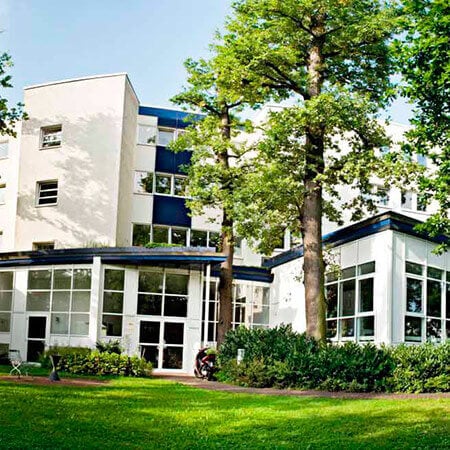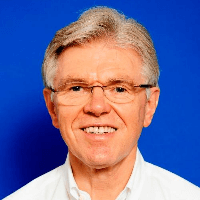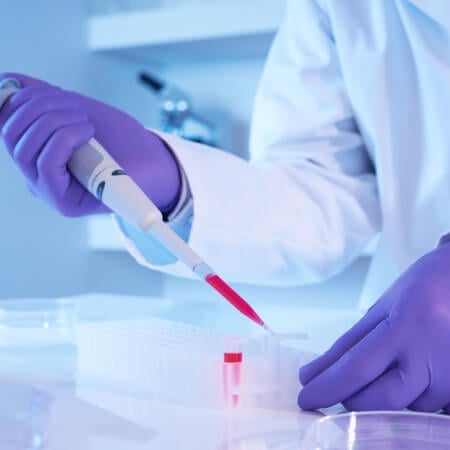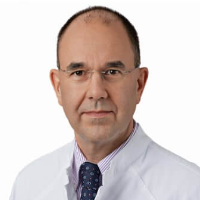Autism — Stem Cell Therapy for Autism: treatment in the Best Hospitals of Germany
Treatment prices are regulated by national law of the corresponding countries, but can also include additional hospital coefficients. In order to receive the individual cost calculation, please send us the request and medical records.
Stem Cell Therapy in Germany
- Stem cell therapy for diabetes mellitus
- Stem cell therapy for diabetic neuropathy
- Stem cell therapy for diabetic retinopathy
- Stem cell therapy for cardiomyopathy
- Stem cell therapy for multiple sclerosis
- Stem cell therapy for Alzheimers disease
- Stem cell therapy for parkinsons disease
- Stem cell therapy for liver cirrhosis
- Stem cell therapy for pancreatitis
- Stem cell therapy for impotence
- Stem cell therapy for pulmonary fibrosis
- Stem cell therapy for immunodeficiency disorders
- Stem cell therapy in cancer treatment
- Stem cell therapy for optic nerve atrophy
- Stem cell therapy for Lyme disease
- Stem cell therapy

Department of Alternative Medicine
The Department of Alternative Medicine specializes in the treatment of various types of cancer and chronic diseases using the methods of integrative medicine. The department belongs to few medical facilities in Germany, which offer individual treatment regimens using biological and integrative techniques. The department has state-of-the-art medical technologies, as well as a multidisciplinary team of competent specialists in various medical fields, including therapists, oncologists, gynecologists, urologists, orthopedists, nephrologists, surgeons, cardiologists and others. In addition, the department has a pleasant and friendly atmosphere.


Department of Regenerative Medicine
The Department of Regenerative Medicine offers all modern methods of stem cell therapy. The medical facility performs stem cell therapy based on the classical protocol, stem cell secretome (SCS) treatment, bone marrow concentrate (BMC) therapy, mesenchymal stem cell therapy, and PRP therapy that involves the injection of platelet-rich plasma. It should be noted that the medical facility has become a pioneer in Europe in the field of therapy with autologous mesenchymal stem cell secretome (SCS), the secretory products of stem cells. The department's medical team diagnoses and treats a wide range of diseases such as multiple sclerosis, rheumatoid arthritis, amyotrophic lateral sclerosis, Parkinson's disease, osteoarthrosis, knee injuries, spinal cord injuries, stroke, xerostomia, Lyme disease, urinary incontinence, and erectile dysfunction. The department also offers cell therapy for rejuvenation and hair loss treatment. The department has well-equipped diagnostic rooms and laboratories where biochemical, genetic, and imaging tests are performed. The specialists take time to study the patient's medical history and perform a comprehensive diagnosis, which helps to develop the most effective treatment regimen. The department's physicians work with innovative treatment methods that have passed all stages of clinical trials, proving their high efficiency and safety. The medical facility is the first cell therapy center in Europe to be certified according to German and European standards.

Autism is a congenital incurable disorder. The child's behavior and social adaptation are difficult to improve. Currently, the mainstay of autism treatment is non-medication, sometimes in combination with pharmaceuticals. The disease must be treated for many years, achieving some improvement, but not solving the problem completely. However, the results of medical care can be significantly improved with the help of stem cells. Studies show that their use has a long-lasting effect. After cell therapy, patients' behavior and social interaction improve. If you want to undergo stem cell treatment for autism in Germany, you can book for this procedure through the Booking Health website. We will help you choose a good German clinic with autism stem cell therapy.
Content
- Standard treatment for autism
- Evidence for the effectiveness of stem cells
- How the treatment is carried out
- Where to get SCs treatment for autism
Standard treatment for autism
Autism spectrum disorders (ASD) cause deficits in social communication and interaction, repetitive patterns of behavior, activities, and interests. Other problems with autism are irritability, anxiety, aggression, mood lability, depression, and sleep disorders. This pathology affects 1% of the pediatric population.
So far, the possibilities of therapy for autism are limited. The main methods are:
- Social skills training
- Early intensive behavioral therapy
- Speech therapy
- Occupational therapy
- Psychotropic medications
- Transcranial magnetic stimulation
Many healthcare professionals use alternative methods: hyperbaric oxygenation, music therapy, cognitive and social-behavioral therapy. Scientists are constantly testing in clinical trials the effects of various remedies for autism: vitamins, herbs, essential oils and nutritional supplements, but they do not bring significant results. More promising methods include the use of the hormone oxytocin, gene therapy and stem cell (SC) therapy, which have demonstrated good results in clinical trials.
Evidence for the effectiveness of stem cells
Autism is caused by impaired neurodevelopment, inflammatory states and dysfunction of the immune system. Stem cells can normalize immune processes in the body, protecting the nervous tissue from damage, thus having a favorable effect on the course of autism.
Hundreds of studies have already been conducted, including dozens of good quality studies that prove the positive effects of SCs on the health and behavior of children with autism, without serious side effects.
A recent review by Laura Villarreal-Martínez et al. published in 2022 included 11 studies and 461 pediatric patients. The authors concluded that SCs improved communication, activities of daily living, socialization, and adaptive behavior. The most common side effects were fever, hyperactivity, vomiting, and headache.
A recent review by Jiayang Qu included only 5 studies, but of higher quality. Unlike the previous review, it excluded studies without placebo control. The authors also considered the use of SCs to be an effective and safe method of treatment, but noted that the methods of their use differed significantly, which makes it impossible to draw a definite conclusion about their effect on the course of autism and to develop a standardized treatment protocol.
How the treatment is carried out
Treatment varies from clinic to clinic, as the methodology of SC therapy for autism is not standardized. The sources of SCs are usually peripheral blood or bone marrow of the patient. SCs are administered intravenously or intrathecally: into the cerebrospinal fluid via lumbar puncture.
Although intrathecal administration of SCs is more traumatic, most studies suggest that this approach is more effective. When administered intravenously, less SC reaches the brain because of the blood-brain barrier, which separates the central nervous system from the rest of the vasculature.
A course of treatment involving multiple SCs injections is usually required. In the studies, the cells were injected at least twice. The effect was maintained for 12-18 months, which is how long the patients were monitored. It is possible that the results after SCs administration actually last much longer. Perhaps they modify the disease and have a favorable effect on the whole subsequent life of a person.
Where to get SCs treatment for autism
So far, SC treatment for autism is not considered a standardized methodology, and it is not widely used. Its approval is hindered by the lack of standardization of the treatment method. Different clinics use different types of cells, different doses, different ways of administration, frequency and number of infusions, etc. Autism itself is not a single disease that is the same in all patients, but dozens of different syndromes that differ significantly in their clinical course.
For these reasons, although most clinical trials show high efficacy of SCs, the scattered data do not allow the pooling of all this evidence to reach an unequivocal conclusion and develop a single treatment protocol.
Although stem cell transplant for autism is still considered a method used in clinical trials, there are more and more clinics in developed countries that offer this procedure. You can undergo stem cell therapy for autism in Germany, and the Booking Health team can help you choose a clinic.
Our website provides the cost of autism stem cell therapy in Germany. We will choose for you the best center that specializes in the use of stem cells and achieves good results in the treatment of autism. Booking Health staff will consult you on all questions, make an appointment for convenient dates, meet you at the German airport and take you to the German hospital by car. Prices in Germany when making an appointment through Booking Health will be lower than when applying directly to the clinic, due to the elimination of additional fees for foreign patients from the average cost of treatment.
Authors:
The article was edited by medical experts, board certified doctors Dr. Nadezhda Ivanisova and Dr. Vadim Zhiliuk. For the treatment of the conditions referred to in the article, you must consult a doctor; the information in the article is not intended for self-medication!
Our editorial policy, which details our commitment to accuracy and transparency, is available here. Click this link to review our policies.
Sources:

